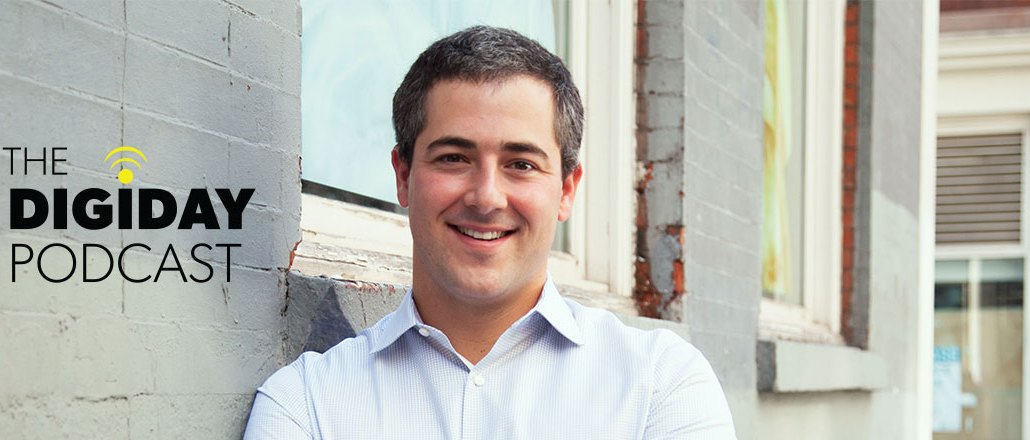Secure your place at the Digiday Publishing Summit in Vail, March 23-25

The digital media industry has no one to blame for the rise of ad blocking more than itself.
That’s the take from the IAB, which admitted this week that the industry has “messed up” digital with its fervent pursuit of automation, data collection and thicker margins. Lost in that pursuit have been the users themselves, who have responded by installing ad blockers en masse.
That might be changing. While the Web user’s experience has taken the back seat to the monetization demands of the Web, the industry is on the verge of a rebalancing in the user’s favor, according to Darren Herman, vp of content services at Mozilla.
“We’ve had an entire industry built around around advertising and marketing technology that has let publishers monetize their sites amazingly, but also do some funky things with user data that users have no idea about,” Herman said on this week’s Digiday Podcast. “We want to give users control.”
Some edited highlights from the discussion:
Bye-bye content: The Web’s “Oh shit” moment
If nothing else, the ongoing debate over ad blocking as revealed just how central advertising is to how content production gets funded on the Web. Without advertising revenue, most sites will disappear, and only a small handful of them would be able to subsist on subscriptions and paywalls alone.
“The ‘oh shit’ moment is when you realize this could all go away — and that’s real. I’m not being hyperbolic,” said Herman. “There’s this chance that all this content that we might take for granted could go away because the method that that content is paid for could go away.”
Ad blockers’ “acceptable ads” schemes aren’t extortion
But they do ignore user needs. Ad blockers’ “acceptable ads” schemes, which charge publishers and ad networks pay to get their ads whitelisted, usually take heat for being veiled extortion schemes. Their real sin may be that they ignore user desire to not see advertising, according to Herman. Consider popular iOS ad blocker Crystal, which got dozens of one-star reviews on iTunes after its developer teamed up with AdBlock Plus.
“When you’re doing that, you’re not listening to users. It’s plain and simple,” Herman said. “The idea of certain ads through, even if they’re acceptable by someone’s standards of whatever ‘acceptable’ is, the user has still told you that they don’t want to see the ads.”
Ad blocking gives users a voice on the Web
The rise of ad blocking is akin to a protest movement: a segment of the population is rejecting the bargain of free content in exchange for loaning their attention to ads. That means the entire industry has to listen to the audience, even if that means changing business practices, according to Herman.
“This whole conversation — everything that’s been written in the last sixth months, as well as all the downloads we’ve seen on Firefox — is all users saying they have a voice.”
Blocking ad blockers won’t solve the problem
Some publishers searching for an effective response to the rise of ad blockers have settled on aggressive approach: Outright blocking users who don’t want to see their ads. But that might be a short term solution that could end up hurting publishers in the long run, according to Herman.
“If you start to put up a gate to your site, that means you’re going to stop a certain amount of users from coming through. I have to imagine more users will opt to not come through than will come through because they’re just going to find that content somewhere else on the Web,” Herman said. “If those users leave, the one question is, will you ever get them back?”
Podcast edited by Tanya Dua.
More in Media

WTF is a creator capital market?
What is a creator capital market, what does it mean for creators looking to diversify revenue, and why is it so closely tied to crypto?

Media Briefing: Publishers explore selling AI visibility know-how to brands
Publishers are seeing an opportunity to sell their AI citation playbooks as a product to brand clients, to monetize their GEO insights.

Creators eye Snapchat as a reliable income alternative to TikTok and YouTube
Figuring out the Snapchat formula has been very lucrative for creators looking for more consistent revenue on a less-saturated platform.





